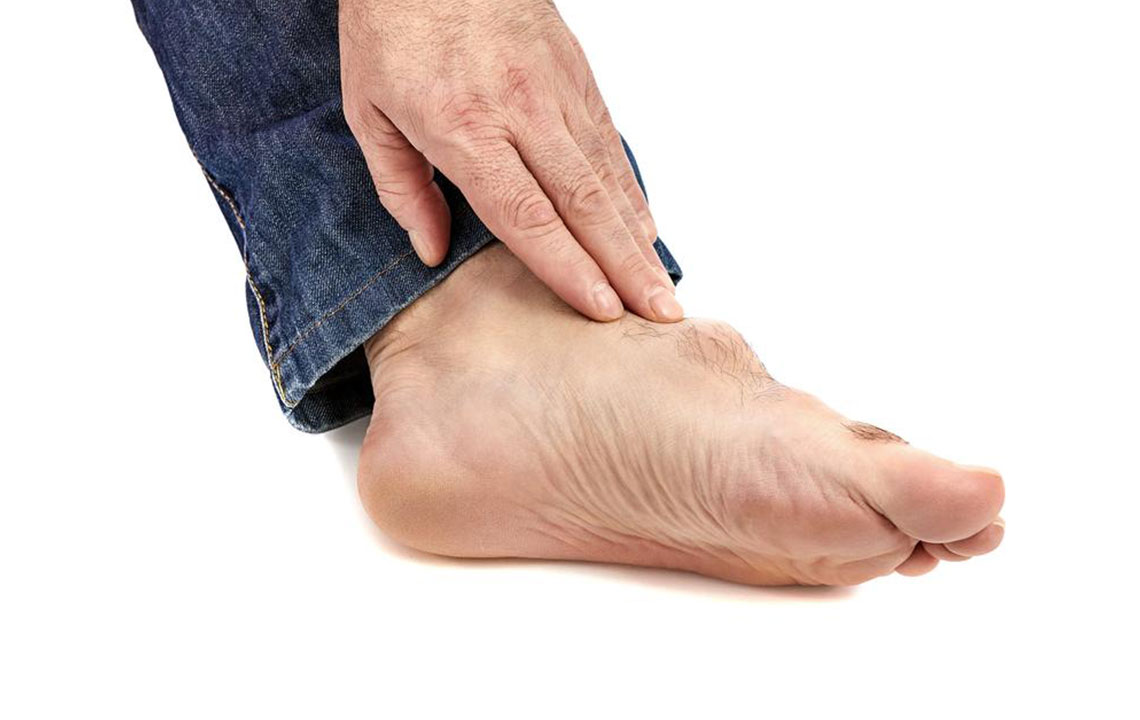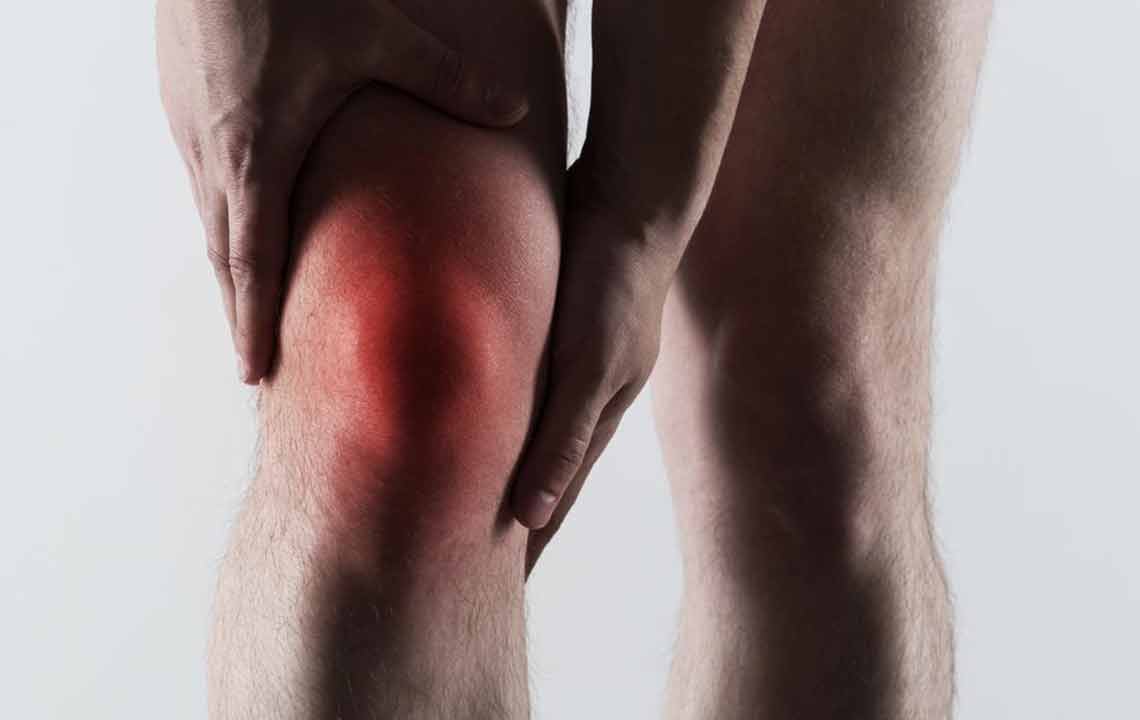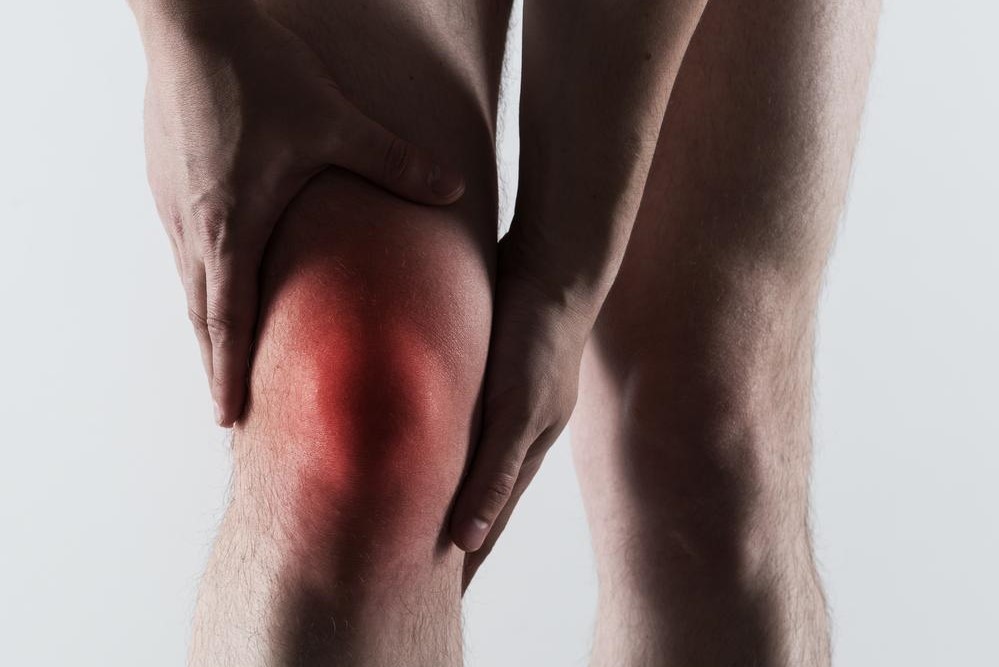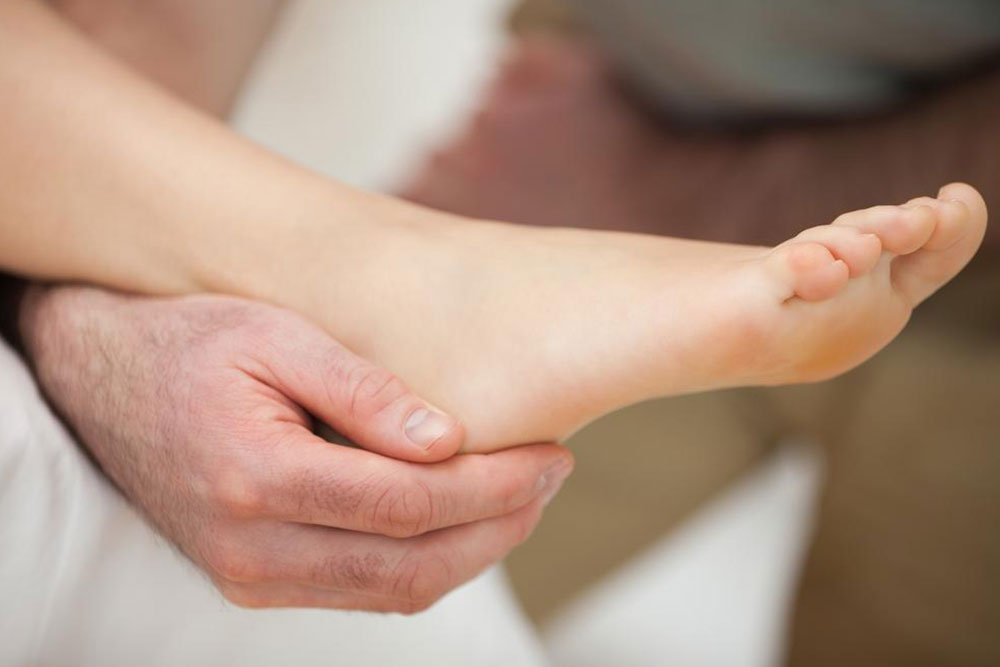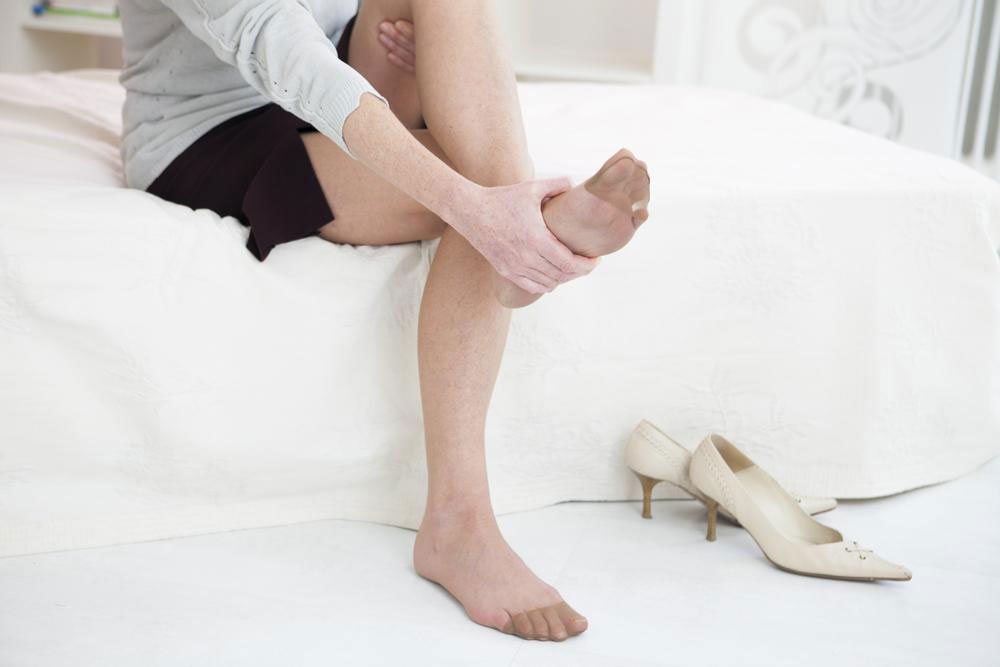Understanding Gout: Causes, Symptoms, and Effective Management
Gout is an excruciating form of arthritis primarily affecting middle-aged men and postmenopausal women. Key causes include genetics, diet, and lifestyle factors. Symptoms involve sudden joint pain, swelling, redness, and potential nodule formation. Management involves medications, lifestyle adjustments, and natural remedies to prevent recurrence and joint damage. Seek medical advice for proper diagnosis and treatment.
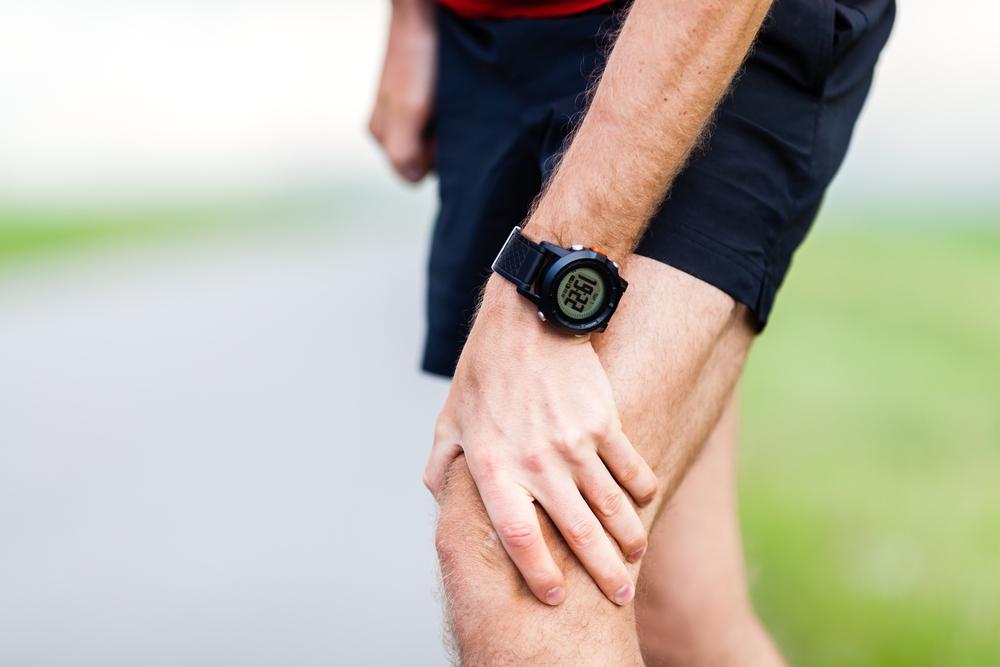
Understanding Gout: Causes, Symptoms, and Effective Management
Gout is a highly painful form of arthritis that can affect both genders, though it is more common in men over 40. Postmenopausal women may also experience gout episodes. These attacks typically last a few days to a couple of weeks, gradually diminishing with or without medication. If pain worsens or persists, consulting a healthcare professional is essential for proper treatment.
Causes
The primary factor is genetics; a family history increases susceptibility. Other contributing factors include high blood pressure, elevated cholesterol, type-2 diabetes, excessive alcohol consumption, and red meat intake. Obesity and certain medications can also trigger gout attacks by impairing uric acid elimination.
Symptoms
Intense joint pain: Usually affects the big toe’s joint but can involve ankles, wrists, elbows, and knees. Pain escalates quickly within hours.
Persistent discomfort: Post-attack, mild soreness may linger for days or weeks, with recurrent attacks affecting more joints over time.
Limited joint mobility: Severe pain causes difficulty in moving affected joints, making simple movements painful.
Redness and swelling: Affected areas become swollen, tender, warm, and visibly red.
Tophi formation: Without intervention, nodules may develop under the skin, indicating joint damage.
Treatment Options
Anti-inflammatory medications: Used during acute attacks; may have side effects like stomach ulcers, so dosage should be monitored.
Pain management: Pain relievers help reduce discomfort but may cause nausea; medical supervision is necessary.
Uric acid-lowering drugs: Medications that inhibit uric acid production and enhance kidney function are prescribed to prevent future attacks.
Lifestyle modifications: Quitting smoking and alcohol, avoiding purine-rich foods like red meat and seafood, and exercising regularly can reduce attack frequency and improve overall health.
Natural remedies: Staying well-hydrated and consuming vitamin C-rich fruits may help lower uric acid levels.

